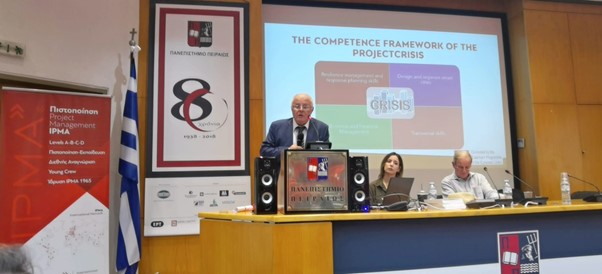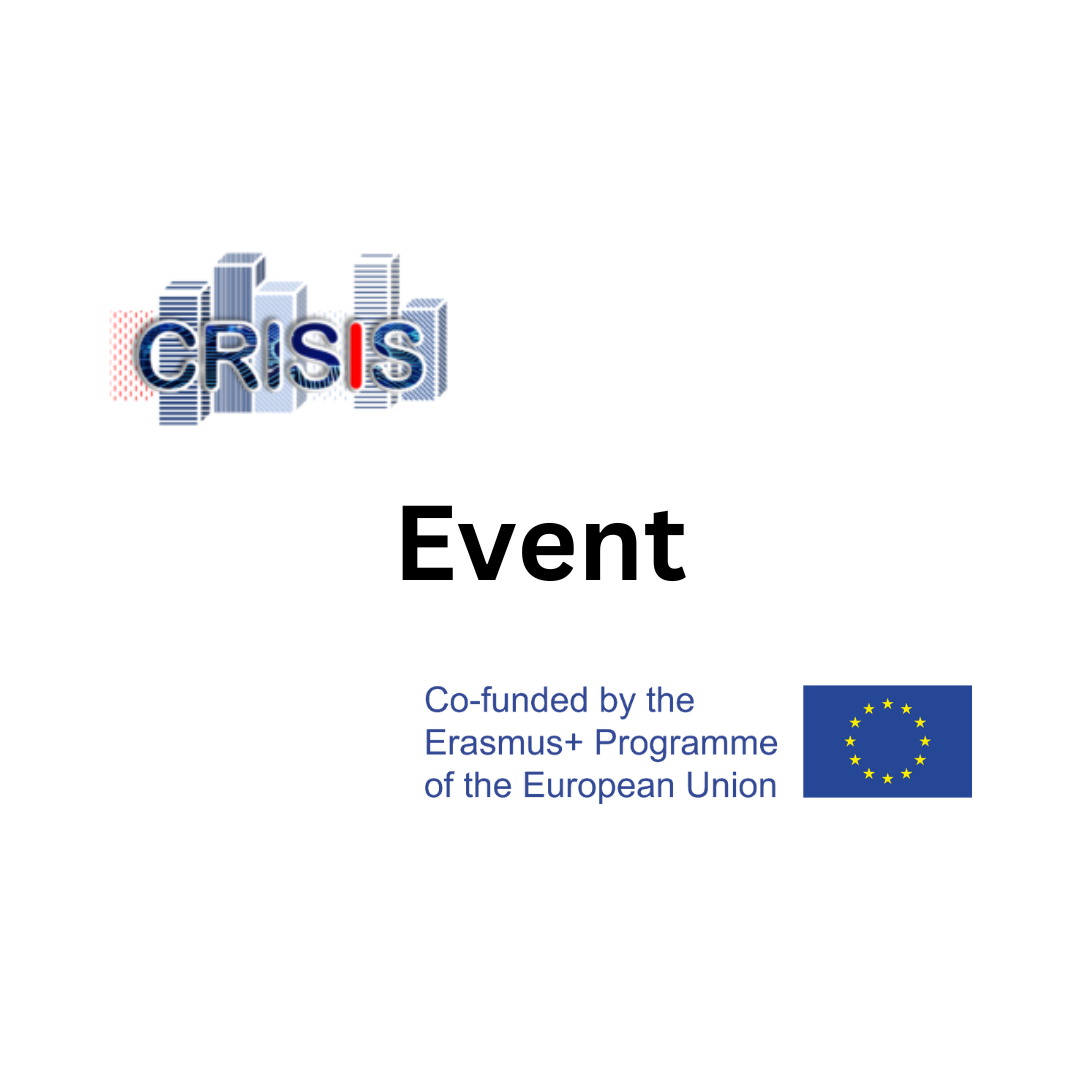Developing Resilient Smart Cities and the Role of Project Management
Panos FITSILIS
University of Thessaly
[email protected]

During my speech at the International Project Management Association (IPMA Greece) Conference held at the University of Piraeus, on 30/10/2023, entitled “Developing Resilient Smart Cities and the Role of Project Management“, I emphasized the crucial need to approach resilience in a structured manner and foster a culture of resilience. This work was undertaken within the framework of the Crisis Project (https://crisisproject.eu/ ) under the Erasmus+ initiative.
A poignant illustration of this is the story of the “10 Plagues of Egypt”. From this ancient tale, we can derive two significant insights:
- Disasters and challenges are not a novel occurrence in human history.
- Throughout the ages, humanity has confronted and overcome adversities, albeit often at a steep price.
In the realm of philosophy, Friedrich Nietzsche, in his seminal work “Thus Spoke Zarathustra”, posits the concept of the Übermensch as a goal that humanity can set for itself, emphasizing the need for continuous evolution and self-improvement.
Against this backdrop, the CRISIS project emerges as a beacon of progress. It recognizes that the contemporary era of urbanization is characterized not only by the rise of “smart cities” but also by the imperative need for these cities to be resilient in the face of multifaceted challenges. Key components of resilience, as highlighted by the CRISIS project, encompass comprehensive hazard assessments, strategic investment approaches for disaster risk reduction, judicious land use zoning, and the crucial role of community organizations.
The CRISIS project underscores the importance of a holistic approach that goes beyond individual project management. It emphasizes the need for adept portfolio management skills to ensure various initiatives align with overarching resilience objectives. Moreover, the project has made significant strides in competency development, mapping out the key competencies required for smart city resilience officers. It has put forth a modular training program, structured in four phases, to enhance these competencies.
In conclusion, as we envision a future where cities are not just smart but also resilient, the CRISIS project (https://crisisproject.eu/) stands as a testament to what can be achieved when we combine vision, strategy, and training. It is an initiative that not only resonates with historical lessons and philosophical ideals but also paves the way for a future where humanity is better prepared, more adaptive, and eternally resilient.


